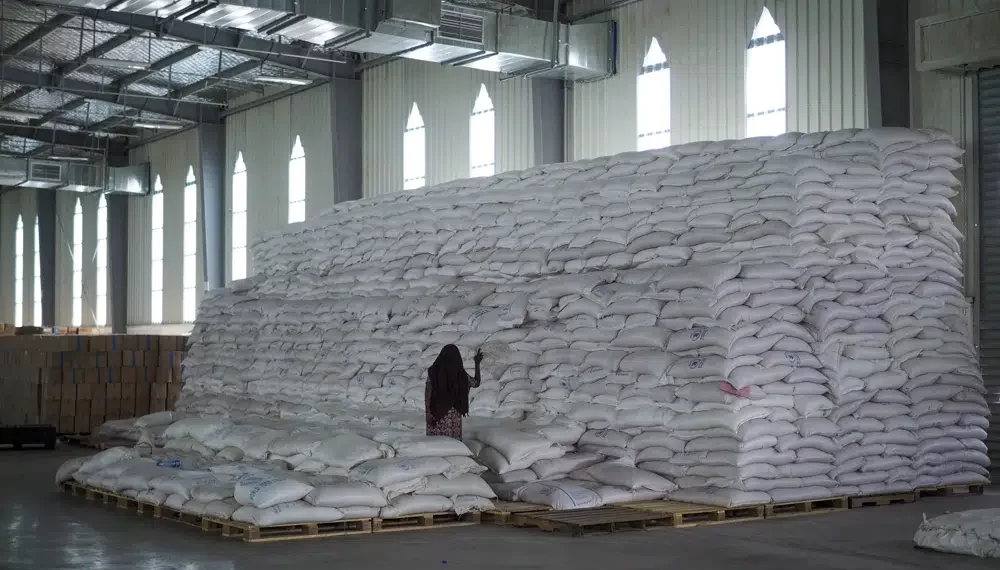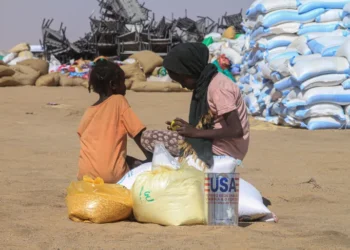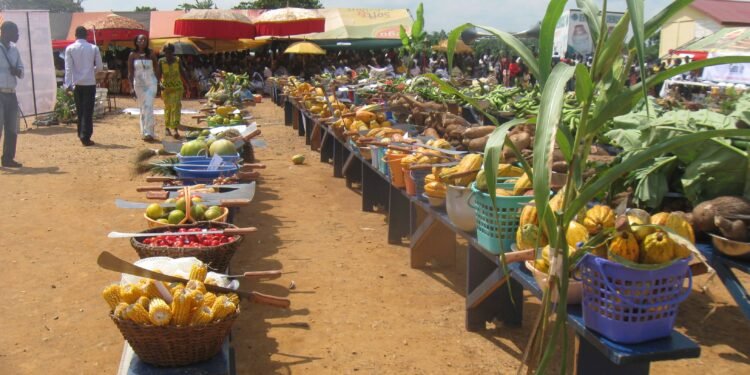The United States and the United Nations took an extreme step to halt their food aid to Africa’s second-largest country, while demanding the Ethiopian authorities to give up custody over the extensive aid supply chain, that supports one-sixth of the nation’s population.
After more than three months of no assistance in some sections of the country, reports of starvation-related deaths have begun to emerge. According to the US and the UN, help to the northern Tigray region may resume in July, and support to the remaining regions of the country would follow, if modifications in aid distributions are made.
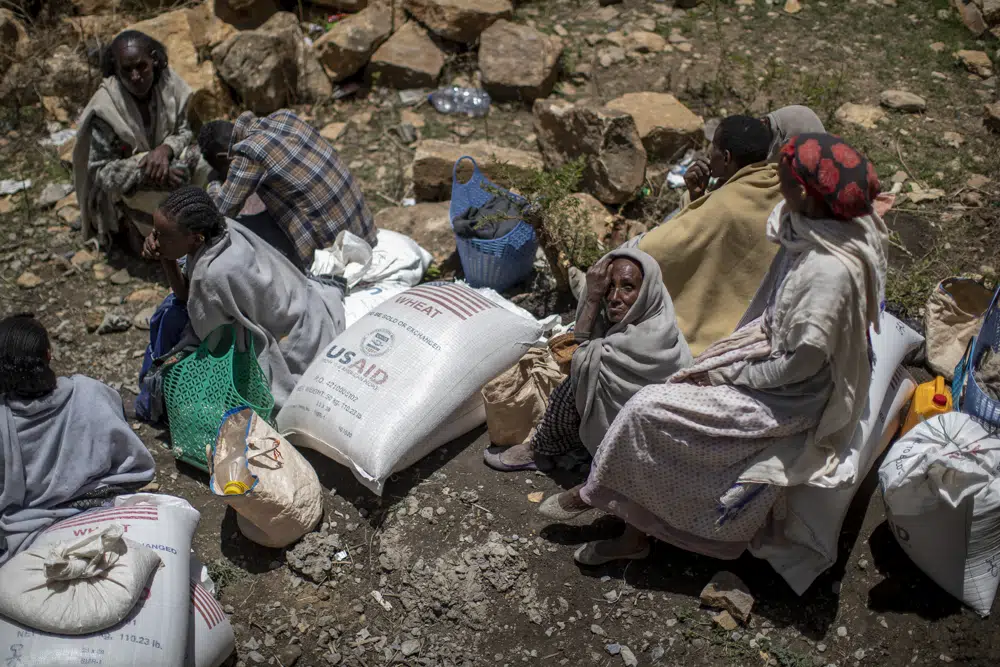
Tesfa Kiros Meresfa, an Orthodox Christian priest, is one of the numerous individuals begging from door to door for food, as they attempt to recuperate from a two-year conflict in northern Ethiopia, that plunged their population into starvation.
To his horror, millions of people trapped in the disagreement between the Federal government and the United States, and UN, over what U.S. officials’ claims of food aid theft, have left them without the grains and oil that they desperately needed. “I have no words to describe our suffering,” Tesfa said.
When queried how much food he gets every day, Tesfa laughed. “The question is a joke,” he explained. “We often go to sleep without food.”
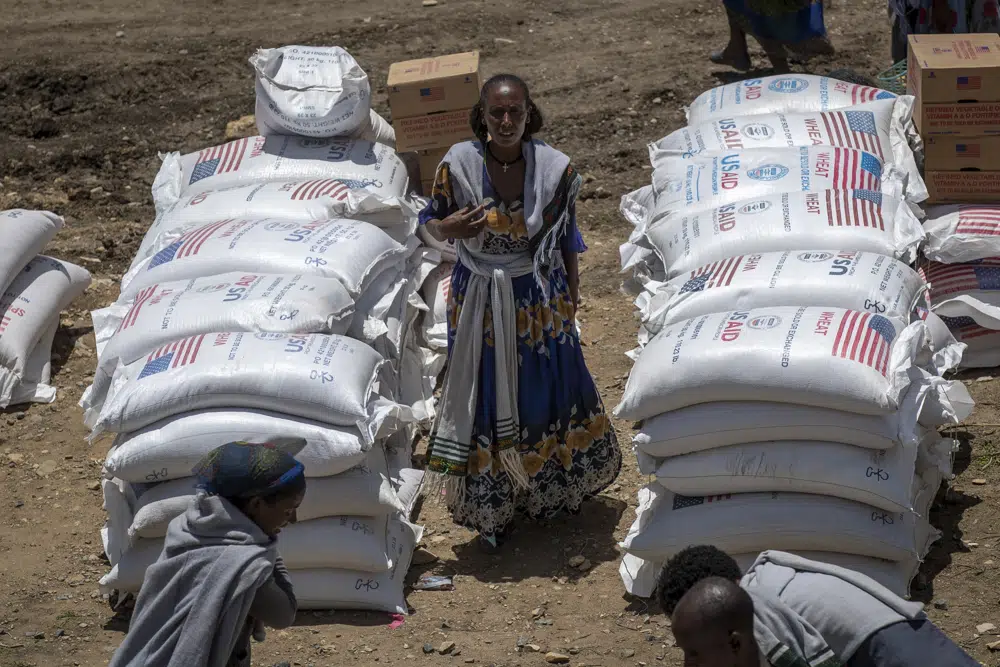
Representatives from U.S. and U.N. assistance agencies, aid groups, and diplomats, provided additional information about the nationwide diversion of supplies to military units and markets. There have been claims that, certain senior Ethiopian officials are heavily involved.
However, the United States still doesn’t comprehend the scope of the theft, after it learned aid to support 134,000 people in a single Tigray town were stolen. Supplies intended for peopole in need, were discovered for sale in marketplaces or stockpiled at commercial flour mills, which were still branded with the American flag.
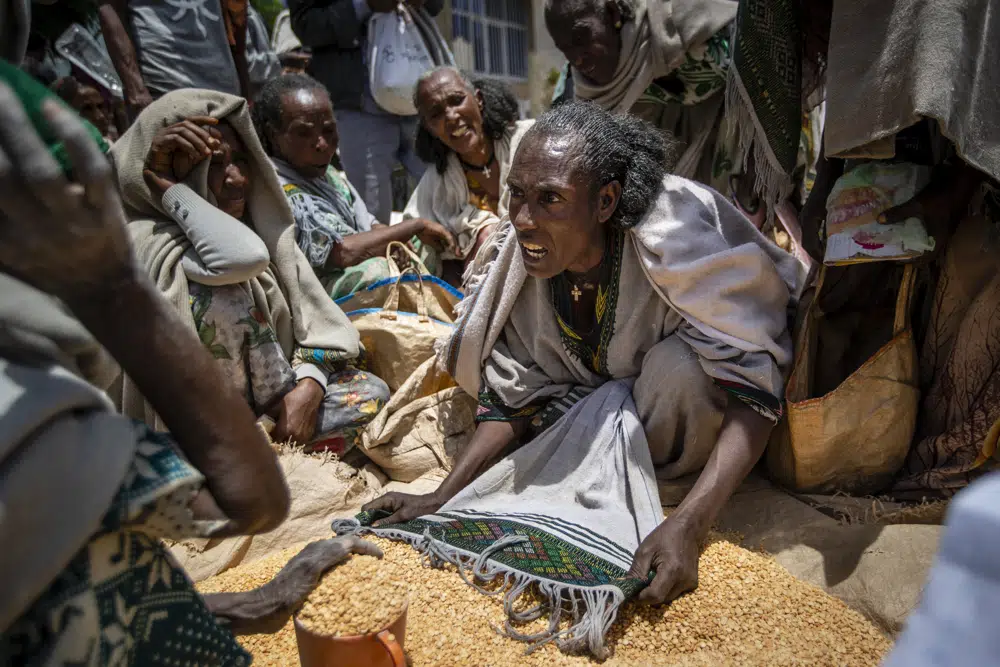
Moreover, demonstrating its ability to identify and avoid stealing of assistance, financed with US taxpayers money, would be critical at a period the Biden administration have been struggling to sustain public confidence for aid to Ukraine.
Delays in food supplies have caused widespread suffering, because USAID has been supporting the Ethiopian government with $1.8 billion in humanitarian aid, since 2022. Due to looting, burning, and withholding of food supplies throughout the conflict, millions of people went without food, and U.N. investigators raised concerns that, starvation-linked war crimes may have been committed.
Also, corruption has been linked to starvation. According to preliminary data revealed this month by Tigray regional officials, they have documented the disappearance of more than 7,000 metric tons of supplied wheat, seized by national authorities, regional leaders, and other officials.
On the other hand, Government spokesman, Legesse Tula claimed that, the manner in which Western assistance personnel “distance themselves from the accusations by linking the alleged problem only to government institutions and procedures is absolutely unacceptable, and very contrary to the reality on the ground.”
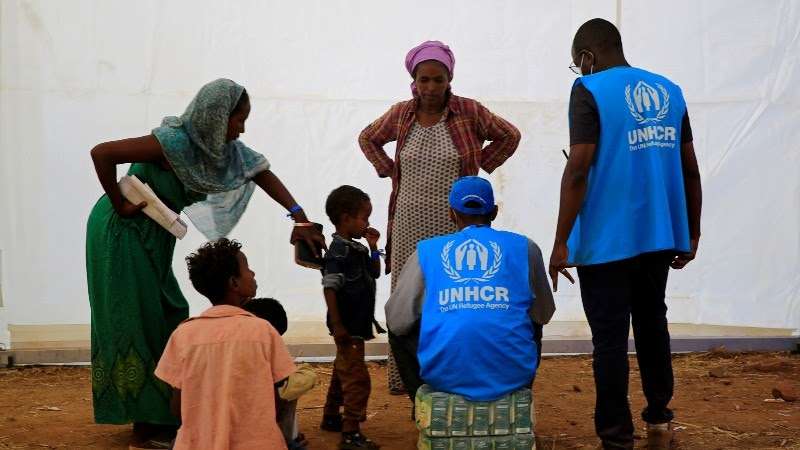
Additionally, aid workers have said that, humanitarian groups have long condoned certain types of graft of public servants. Food distribution in Ethiopia has long been intensely politicized, particularly during the horrific famine of the 1980s, when the then-communist state withheld food from reaching regions under the command of rebel groups.
According to senior USAID official, the most recent theft of U.S. and U.N. food supplies involved the tampering of recipients’ lists, that the Ethiopian government claimed to have maintained oversight on.
Furthermore, theft by Ethiopian security forces as well as rebels from the neighboring Eritrean region and Tigray, and the diversion of significant quantities of donated wheat, to for-profit flour mills in at least 63 sites, have contributed to this alarming stance of UN and USAID.
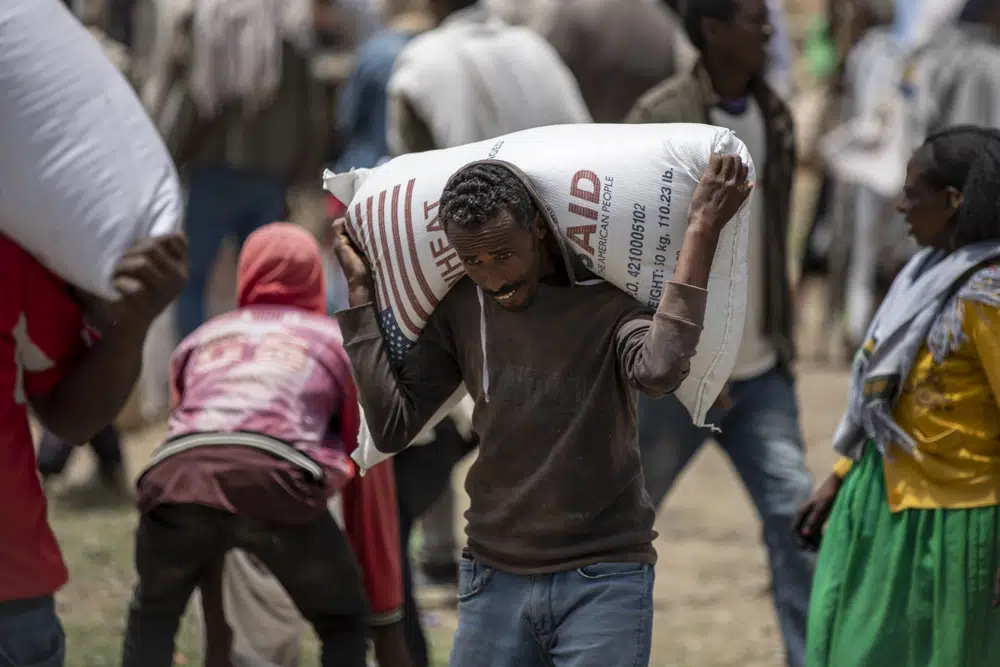
Per a former Tigray official, government staff frequently falsify recipient figures and steal the additional grain for themselves, a behavior that the two international groups based in Ethiopia indicated that, it was pervasive across the country.
Other Ethiopian officials have also accused the World Food Program of just dropping off meals in the middle of communities, where much of the aid was plundered by Eritrean forces.
READ ALSO:EU Reveals Methods To Salvage Economies From Rivals

